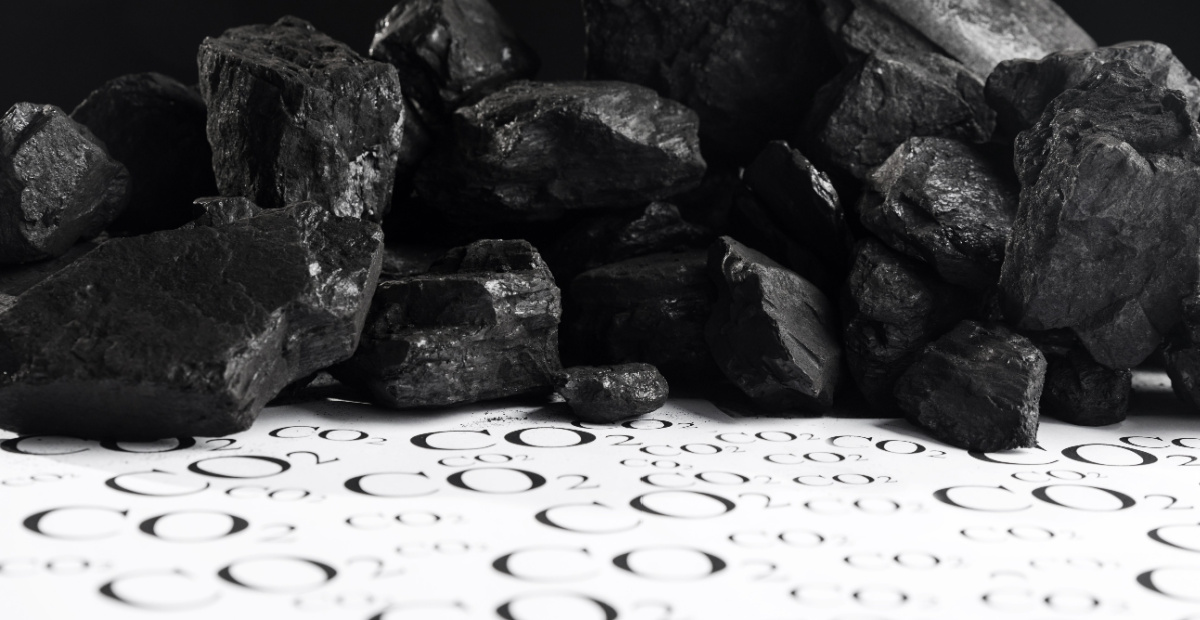Climate pioneer super fund ‘walks back’ on key carbon commitment

Vision Super has “walked back on its fossil fuel exclusion policy”, re-exposing members within its default fund to one of Australia’s biggest coal producers, argues climate and environmental activist organisation Market Forces.
New research from the advocacy group, which scrutinises the investments and environmental commitments of Australian financial institutions, claims that Vision Super has altered its ESG policy to lift restrictions on revenue based on coal, oil and gas investments.
Under a 2023 policy tweak, now known as the ‘carbon budget framework’, Vision Super has softened its previous decarbonisation commitments, Market Forces has argued.
Previously, Vision Super excluded companies that generated more than 25% of their revenue from thermal coal mining.
Market Forces asserts in its analysis that Vision Super’s default investment option has – since the policy shift – picked up investment exposure to Whitehaven, one of Australia’s leading coal miners and “one of Australia’s worst climate wreckers”, according to Market Forces’ superannuation funds campaigner Brett Morgan.
The activist group further contends that the super fund has “major plans to expand production that could lock in harmful emissions for decades to come”.
Vision Super was previously hailed as a leader in climate action, becoming in 2021 the first major super fund to implement a partial exclusion on oil and gas producers, including Woodside and Santos. Like the fund’s coal exclusion policy, this partial oil and gas exclusion has also been removed from Vision Super’s ESG policy.
A further five large super funds, including NGS Super, TelstraSuper, Spirit Super, and Super SA, that claim to rule out investment in thermal coal companies may, according to Market Force’s analysis, be able to re-invest in Whitehaven based on their existing policies.
Market Forces identified only a single super fund – Active Super – which restricts investments in metallurgical coal mining companies, excluding investments in companies generating 33.3% or more of their revenue from any type of coal.
Citing Whitehaven’s FY2023 results, the activist group notes that more than 90% of the coal miner’s revenue is generated from thermal coal, primarily used for electricity generation.
As more coal-fired plants reach their end-of-life (with a mooted closure of all Australian plants by 2038), Whitehaven has sought to diversify its revenue streams.
The resources giant recently purchased two of BHP’s metallurgical coal mines, claiming the move would transform the company from a thermal coal juggernaut into a primarily metallurgical or coking coal producer – with expected revenues of around 70% for metallurgical coal and 30% for thermal coal.
Despite the increasing push into ‘green steel’ production (largely utilising green hydrogen technologies), coking coal is still overwhelmingly regarded as indispensable to the steel industry.
Public sector fund ‘out of step’ with climate expectations
Market Forces also called out the Commonwealth Superannuation Corporation (CSC), whose coal exclusion policy it argued “is out of step with member expectations as many super funds are dumping all investments in thermal coal”.
CSC sets its revenue threshold (a company’s revenue generated from a particular activity) to a notably high 70% for carbon investments.
By dint of Whitehaven’s transition to coking coal, CSC, which counts nearly 100,000 members from across the Australian public sector, could re-invest its members’ retirement savings if the company started generating significantly less revenue from thermal coal.
“It’s alarming that Vision Super has withdrawn its thermal coal exclusion policy after previously demonstrating climate leadership,” Morgan said.
He also criticised CSC for its “abysmal coal exclusion policy” calling on the fund to “commit to steering clear of Whitehaven”.
“Whitehaven will try every dirty trick in the book to keep expanding coal production and deserves no financial support from any super fund serious about ensuring a stable climate and retirement for members.
Around 90% of the world’s carbon emissions are generated through the burning of fossil fuels, according to Australia’s chief science research agency, the CSIRO, with coal accounting for 40% of total emissions.











This guy loves Industry Super Funds. A former aide & lover of Bill Shorten. And his book is basically a…
As an employee who has lost super due to 2 small businesses, and as an adviser who has seen many…
Former adviser to Bill Shorten, when he was the Minister for Financial Services, He'll put us to the sword!
here we go, new member, new advice, new wooden steering we have to carve in order for him to "Steer…
Haven't they had a couple of years to prepare already?